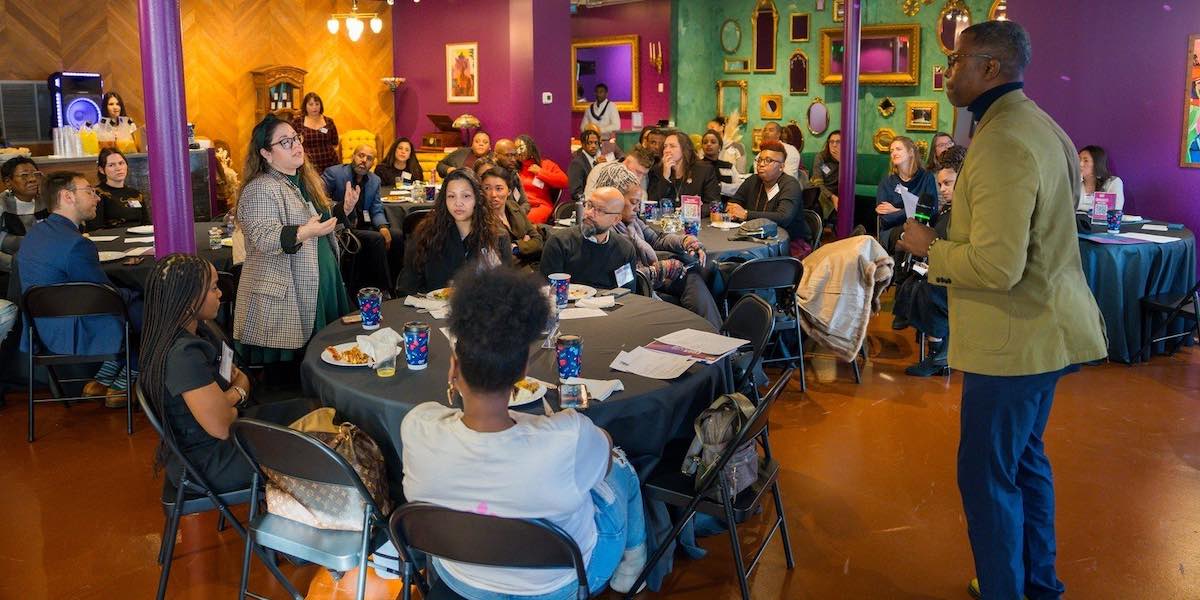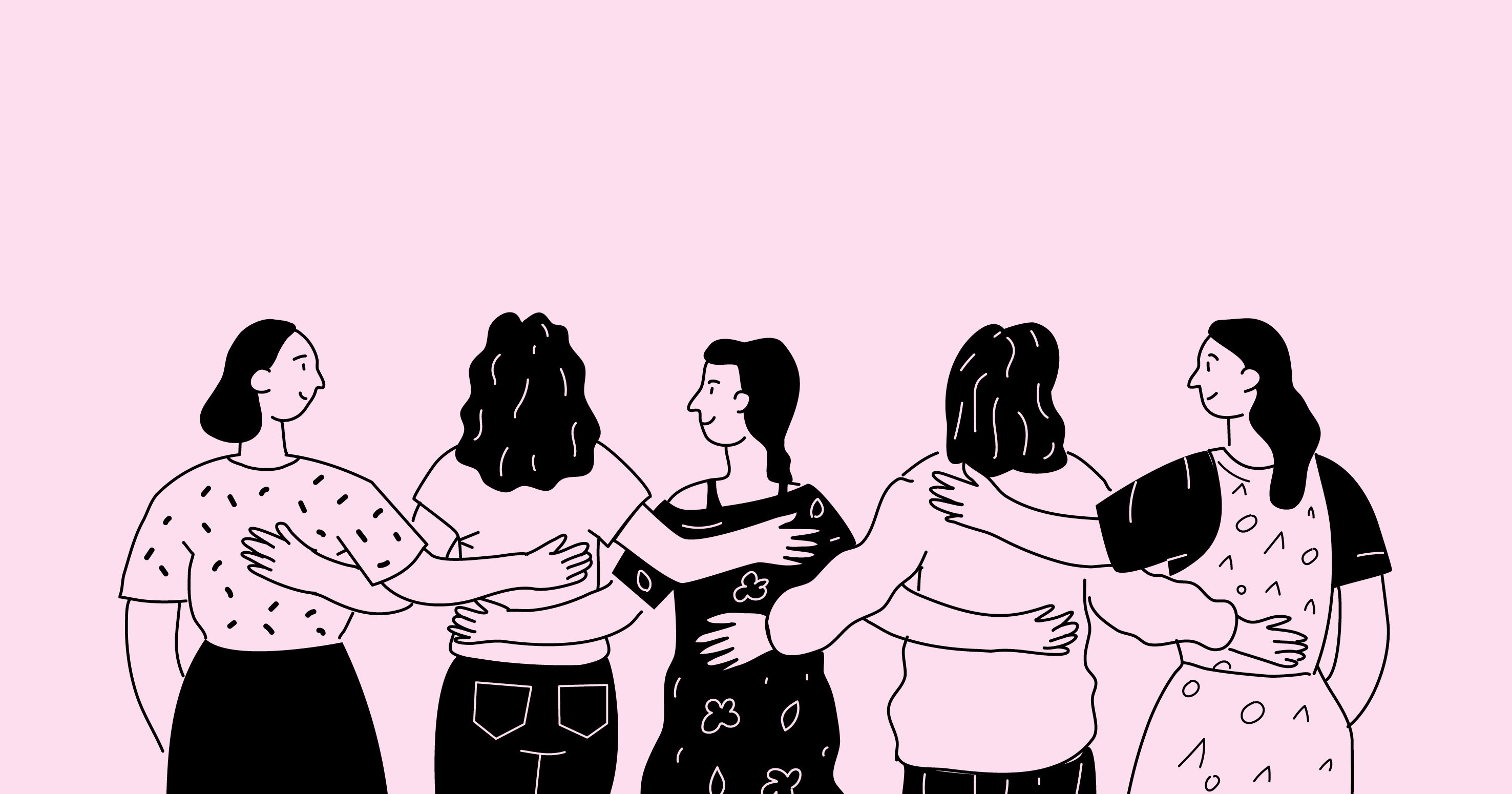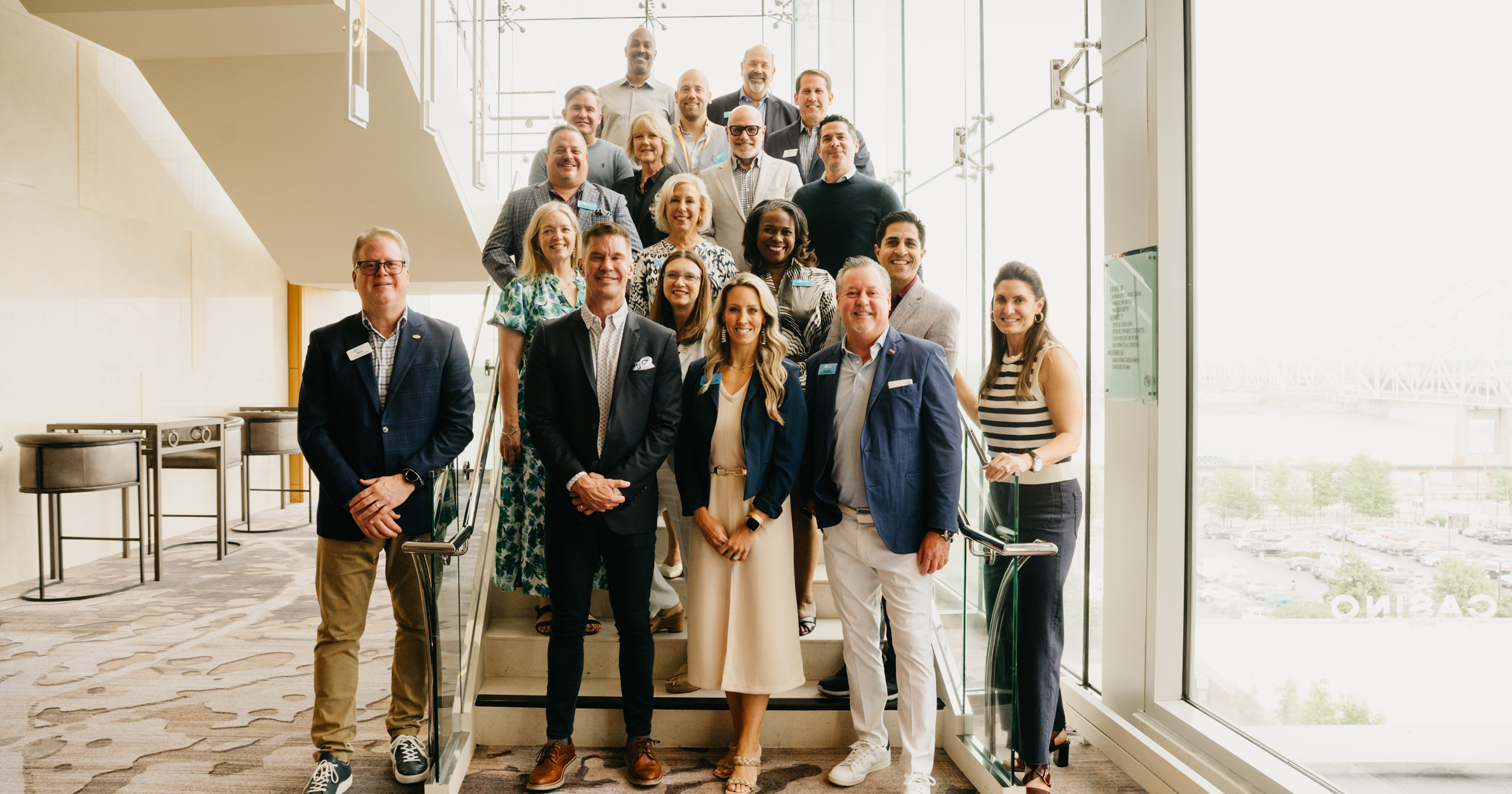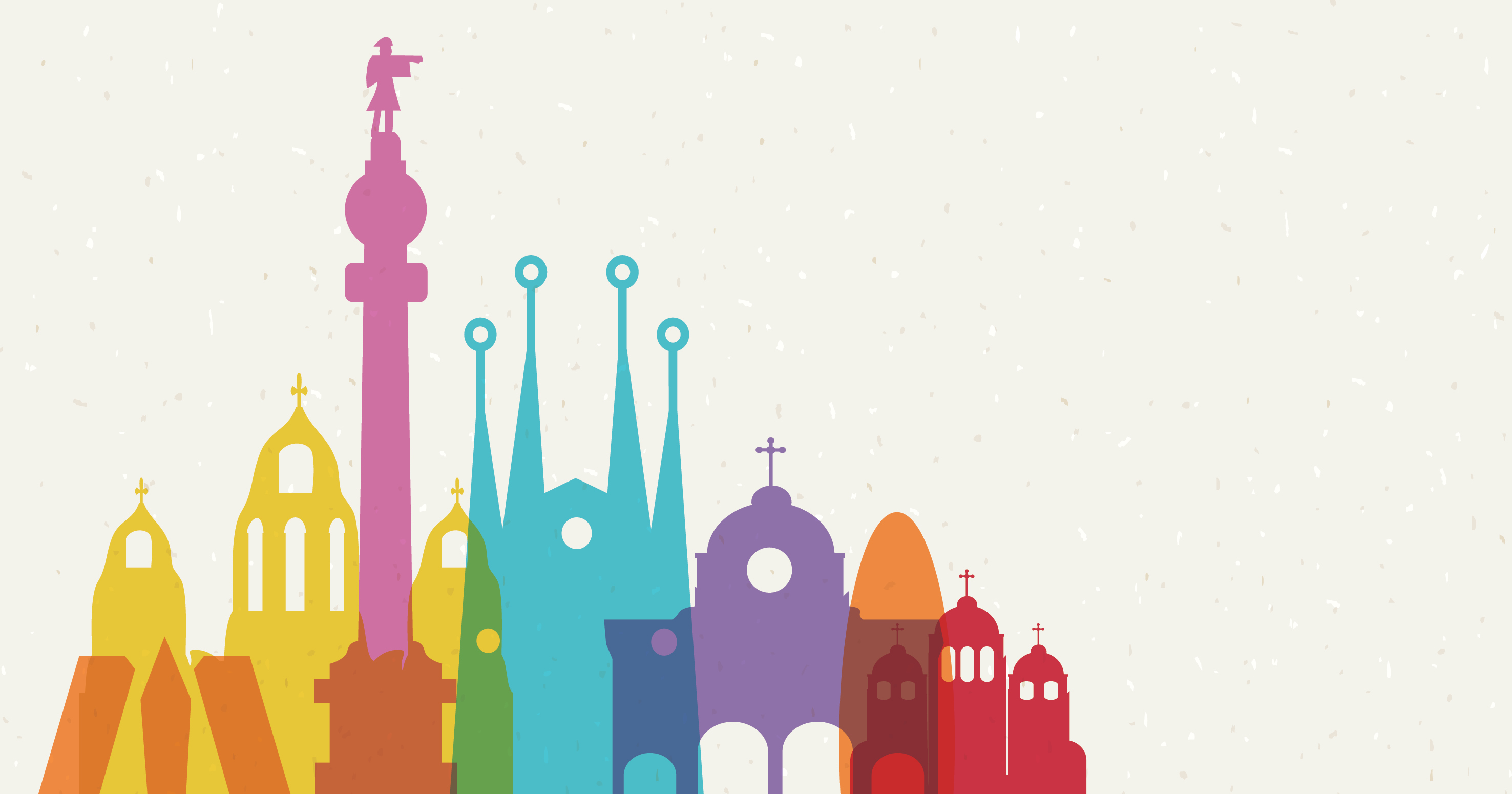Bill Adams says Destination DC sponsors MPI’s Black Meeting Professionals Community for several key reasons: the opportunity to promote diversity and inclusion; foster collaboration and networking; showcase Washington, D.C., as an inclusive destination; provide professional development opportunities; and address equity and representation.
“Overall, supporting this community is not only aligned with Destination DC’s commitment to diversity and inclusion, but also contributes to the advancement and success of the meetings and events industry in Washington, D.C.,” says Adams, director of convention sales for Destination DC.
We caught up with Adams to discuss how Black meeting professionals have made progress in the meeting and hospitality industries, how we can keep that progress going and Washington, D.C.’s efforts.
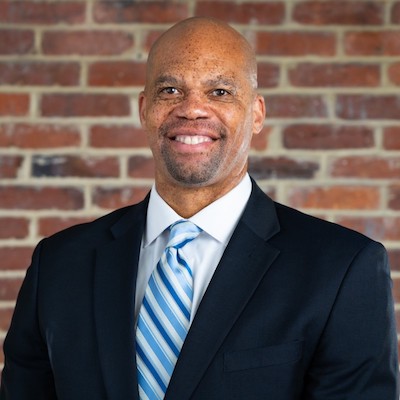
Can you tell us how Black meeting professionals have made progress in the meeting and hospitality industries in terms of leadership roles, career progression, etc., in recent years?
Black meeting professionals have made significant strides in the meeting and hospitality industries in recent years, although challenges related to representation and equity persist. Here are some ways in which progress has been made.
- Increased representation in leadership roles. There has been a concerted effort to promote diversity and inclusion within the leadership ranks of meeting and hospitality organizations. This has led to more Black professionals occupying leadership positions.
- Advocacy for equity and inclusion. Black professionals, along with allies, have been vocal advocates for equity and inclusion within the industry. This advocacy has led to the implementation of policies and initiatives aimed at addressing systemic biases and creating more inclusive work environments.
- Commitment to diversity in hiring practices. Many organizations have implemented diversity and inclusion initiatives that prioritize equitable hiring practices. This includes efforts to recruit and retain Black talent at all levels of the organization.
While progress has been made, it’s important to acknowledge that there is still work to be done to ensure full representation and equity for Black meeting professionals in the industry, particularly in management/leadership roles. Continued efforts to address systemic barriers, promote inclusion and provide support and opportunities for advancement will be essential in driving further progress.
What next steps should be taken to ensure that progress continues?
Continuing the progress made by Black meeting professionals in the meeting and hospitality industries requires ongoing commitment and action. Here are some next steps that can be taken to ensure progress continues.
- Sustained advocacy and activism. It's crucial for Black meeting professionals and their allies to continue advocating for equity, diversity and inclusion within the industry. This includes speaking out against systemic biases, advocating for policy changes and holding organizations accountable for their commitments to diversity.
- Investment in education and training. Providing access to education and training opportunities for Black professionals is essential for career advancement. This includes mentorship programs, leadership development initiatives and skill-building workshops aimed at equipping Black professionals with the tools they need to succeed.
- Creating safe spaces for dialogue. Establishing safe spaces for open dialogue and discussion about issues related to race, diversity and inclusion fosters a culture of understanding and empathy within the industry. This can include forums, workshops and employee resource groups dedicated to addressing these topics.
- Enhancing recruitment and retention strategies. Organizations should focus on implementing recruitment and retention strategies that attract and retain diverse talent. This includes reevaluating hiring practices, offering competitive compensation and benefits and creating inclusive work environments where all employees feel valued and supported.
- Expanding access to opportunities. Ensuring equal access to opportunities for career advancement is essential for driving progress. This includes actively seeking out diverse candidates for leadership positions, promoting from within and providing pathways for career growth and development.
- Measuring and monitoring progress. Regularly tracking and assessing diversity and inclusion metrics is essential for evaluating the effectiveness of efforts to promote progress. This includes collecting data on representation, retention rates and employee satisfaction and using this information to identify areas for improvement and adjust strategies accordingly.
By taking these next steps, the meeting and hospitality industries can continue to make meaningful progress in advancing the representation and inclusion of Black professionals, ultimately creating more equitable and diverse workplaces.
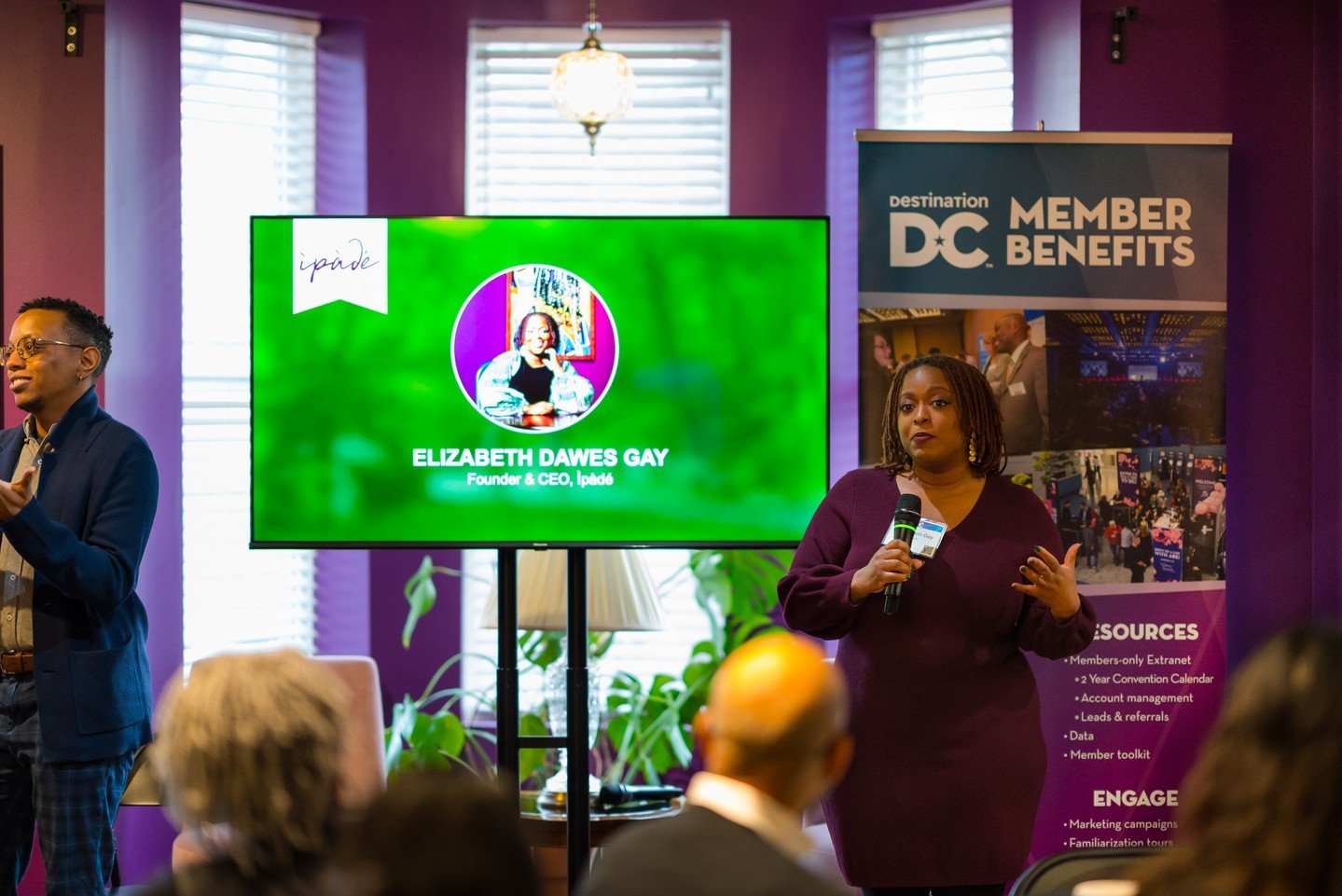
What are some of DC’s best practices in terms of diversity, inclusivity, accessibility or belonging?
Washington, D.C., has implemented several best practices in promoting diversity, inclusivity, accessibility and belonging across various sectors. Here are some examples.
- Diverse representation in leadership. Many organizations in Washington, D.C.—including government agencies, nonprofits and businesses—prioritize diverse representation in leadership roles. This includes actively recruiting and promoting individuals from underrepresented backgrounds to leadership positions, ensuring that decision-making bodies reflect the diversity of the community they serve.
- Inclusive policies and practices. Organizations in D.C. have adopted inclusive policies and practices aimed at creating welcoming environments for all employees and residents. This includes non-discrimination policies, diversity training programs and inclusive hiring practices designed to eliminate biases and promote equity.
- Accessibility initiatives. The city has implemented various initiatives to improve accessibility for individuals with disabilities. This includes ensuring that public spaces, transportation systems and government services are accessible to people of all abilities, as well as providing resources and support for businesses to enhance accessibility in their facilities.
- Community engagement and outreach. D.C. actively engages with diverse communities through outreach programs, community forums and partnerships with local organizations. This allows residents from different backgrounds to have a voice in decision-making processes and ensures that policies and initiatives are responsive to the needs of the community.
- Cultural competency training. Many organizations in D.C. offer cultural competency training to employees to enhance their understanding of different cultures, backgrounds and perspectives. This helps foster a more inclusive and respectful workplace environment where employees feel valued and understood.
- Celebration of diversity and heritage. Washington, D.C., celebrates its diverse population through various cultural events, festivals and heritage celebrations throughout the year. These events highlight the rich diversity of the city and provide opportunities for residents to learn about and appreciate different cultures.
- Investment in education and youth programs. D.C. invests in education and youth programs aimed at promoting equity and opportunity for all residents, regardless of background. This includes initiatives to close the achievement gap, increase access to quality education and extracurricular activities and provide support for at-risk youth.
As one of the most inclusive and accessible cities in the world, Washington, D.C., and Destination DC (DDC) prioritize initiatives to eliminate barriers and meet the needs of all visitors and business travelers. DDC’s DEI Business Fellowship program supports small minority-owned local businesses and showcases diverse suppliers for convention services.
DDC’s mission and commitment to diversity, equity and inclusion also includes the American Experience Foundation (AEF), its 501c-3 nonprofit focused on providing scholarships and career experience to local students.
DDC is also uniquely positioned to share with visitors Washington, D.C.’s history and experiences connected with racial and social equity. The “DEI District” provides curated content focused on how DC can be experienced through a DEI lens. The pillars include visit, engage, learn and meet while connecting to content related to leisure, meetings and education audiences to help promote the unique history and experiences in D.C.
By implementing these best practices, Washington, D.C., demonstrates a commitment to fostering diversity, inclusivity, accessibility and belonging across its communities, organizations and institutions.
Why is it important for Destination DC to support MPI’s Black Meeting Professionals Community?
Supporting MPI’s Black Meeting Professionals Community is important for Destination DC for several reasons.
- Promoting diversity and inclusion. Supporting MPI’s Black Meeting Professionals Community aligns with Destination DC’s commitment to promoting diversity and inclusion within the meeting and hospitality industries. By actively supporting and amplifying the voices of Black meeting professionals, Destination DC contributes to creating a more inclusive and equitable industry.
- Fostering collaboration and networking. Partnering with MPI’s Black Meeting Professionals Community provides opportunities for collaboration and networking with Black professionals in the meetings and events industry. This collaboration can lead to the exchange of ideas, best practices and resources, ultimately enhancing the success of events and initiatives in Washington, D.C.
- Showcasing Washington, D.C., as an inclusive destination. By supporting MPI’s Black Meeting Professionals Community, Destination DC demonstrates its commitment to showcasing Washington, D.C., as an inclusive and welcoming destination for meetings, events and conventions. This can attract diverse groups of attendees and reinforce the city’s reputation as a leader in hosting inclusive and impactful events.
- Providing professional development opportunities. Supporting MPI’s Black Meeting Professionals Community can help provide professional development opportunities for Black professionals in the meetings and events industry. This can include access to educational resources, networking events, mentorship programs and leadership development opportunities, ultimately empowering Black meeting professionals to advance their careers and make meaningful contributions to the industry.
- Addressing equity and representation. Supporting MPI’s Black Meeting Professionals Community is part of Destination DC’s efforts to address issues of equity and representation within the meeting and hospitality industries. By actively supporting initiatives that promote the advancement and visibility of Black professionals, Destination DC helps to address systemic barriers and create more opportunities for underrepresented groups.
Overall, supporting MPI’s Black Meeting Professionals Community is not only aligned with Destination DC’s commitment to diversity and inclusion but also contributes to the advancement and success of the meetings and events industry in Washington, D.C.
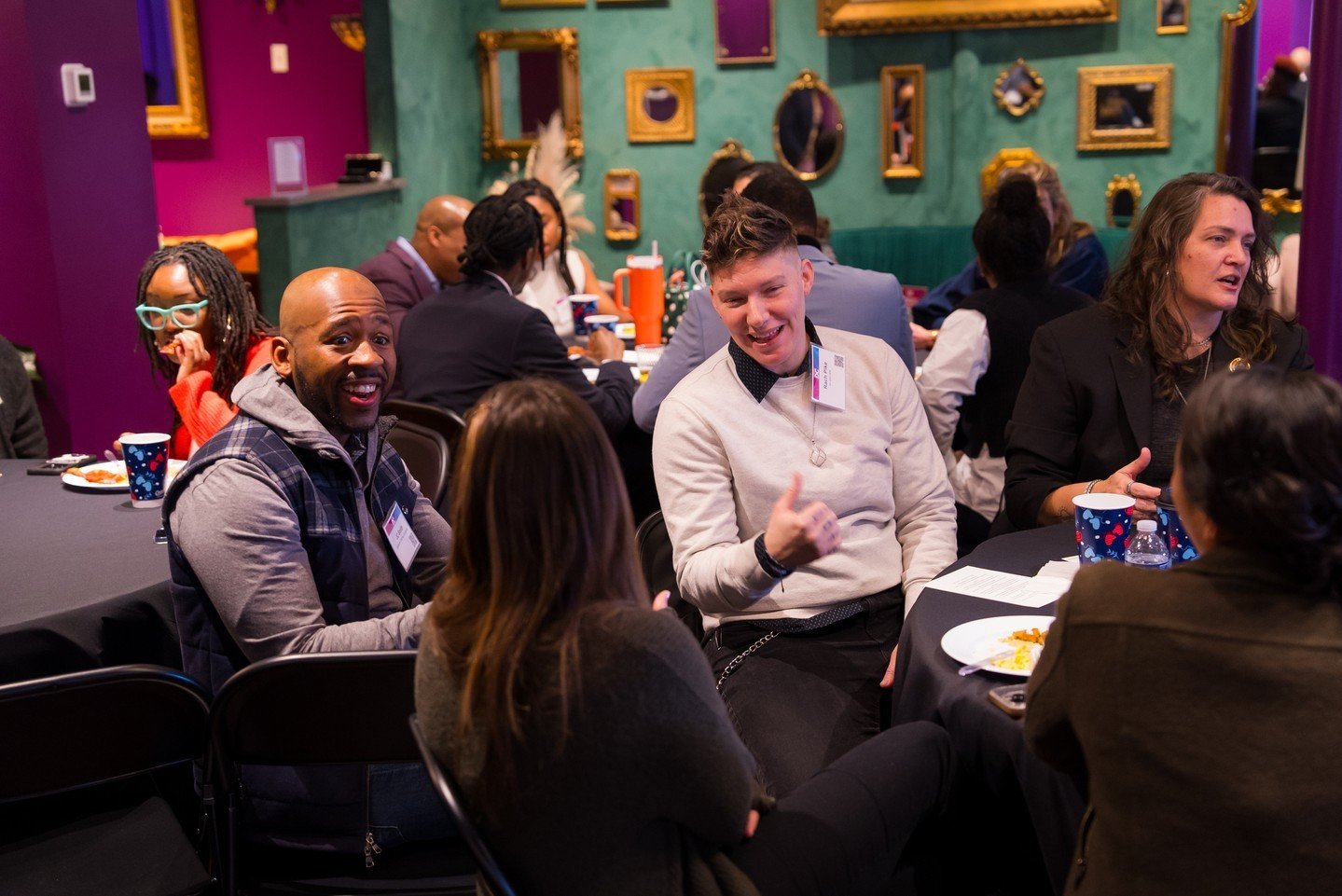
What is the biggest benefit for Black meeting professionals who get involved with industry communities such as this?
One of the biggest benefits for Black meeting professionals who get involved with industry communities such as MPI’s Black Meeting Professionals Community is the opportunity for networking and professional development in a supportive and inclusive environment. Here are several key benefits.
- Networking opportunities. Engaging with industry communities provides Black meeting professionals with valuable networking opportunities. They can connect with peers, mentors and industry leaders who can offer advice, support and potential career opportunities.
- Access to resources and knowledge sharing. industry communities often provide access to resources such as educational materials, best practices and industry insights. Black meeting professionals can leverage these resources to enhance their skills, stay updated on industry trends and improve their overall effectiveness in their roles.
- Professional development and growth. Being involved in industry communities allows Black meeting professionals to participate in professional development activities such as workshops, seminars and training sessions. These opportunities can help them develop new skills, expand their knowledge base and advance their careers.
- Visibility and recognition. active involvement in industry communities can increase visibility and recognition within the industry. By contributing to discussions, sharing expertise and participating in community events, Black meeting professionals can establish themselves as thought leaders and experts in their field.
- Mentorship and support. Industry communities often provide mentorship programs and support networks that can be invaluable for career growth. Black meeting professionals can benefit from guidance and advice from more experienced professionals, as well as support from peers facing similar challenges.
- Advocacy and representation. Being part of industry communities gives Black meeting professionals a platform to advocate for diversity, equity and inclusion within the industry. By amplifying their voices and sharing their experiences, they can contribute to positive change and help address systemic barriers faced by underrepresented groups.
Overall, getting involved with industry communities such as
MPI’s Black Meeting Professionals Community can significantly benefit
Black meeting professionals by providing networking opportunities,
access to resources, professional development, visibility, mentorship
and a platform for advocacy and representation.
MPI’s Black Meeting Professionals Community sponsored by

